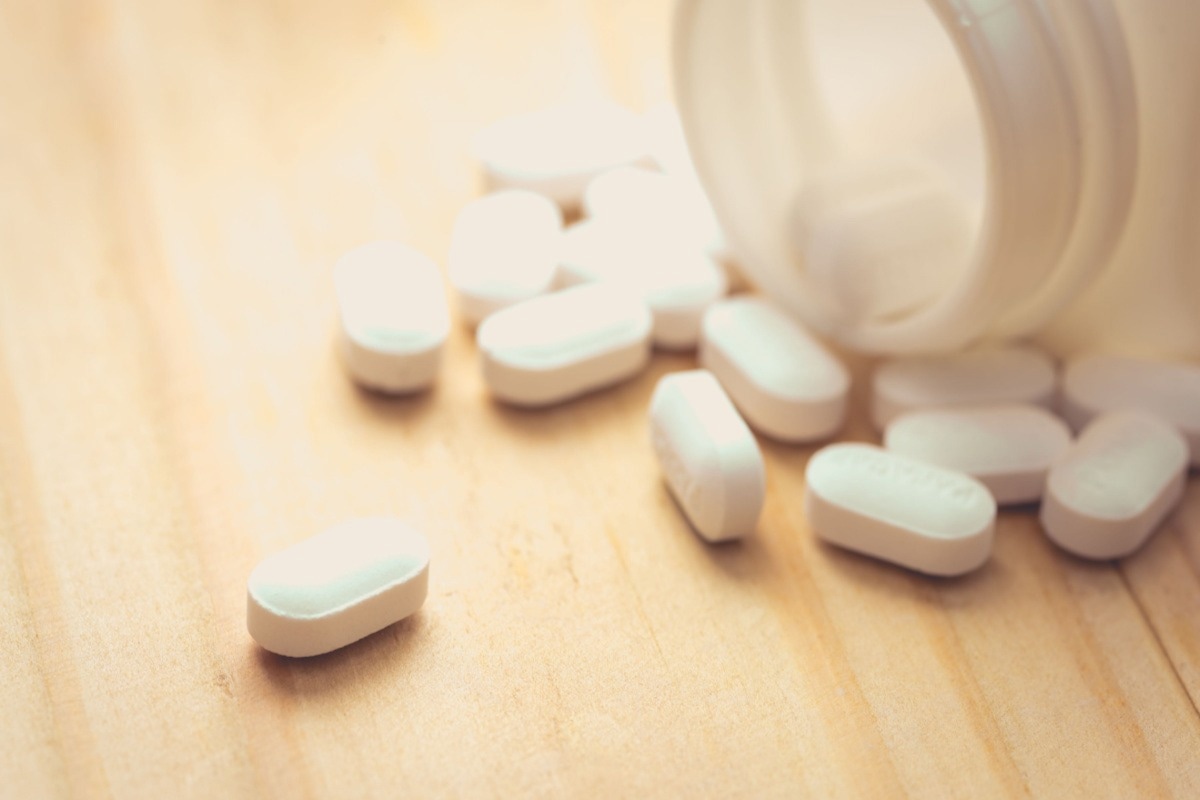The present study examined an oral vaccine platform that promotes adaptive immune responses at mucosal surfaces, key entry points for respiratory infections such as SARS-CoV-2.
 Study: SARS-CoV-2 oral tablet vaccination induces neutralizing mucosal IgA in a phase 1 open label trial. Image Credit: FocusStocker/Shutterstock
Study: SARS-CoV-2 oral tablet vaccination induces neutralizing mucosal IgA in a phase 1 open label trial. Image Credit: FocusStocker/Shutterstock

 *Important notice: medRxiv publishes preliminary scientific reports that are not peer-reviewed and, therefore, should not be regarded as conclusive, guide clinical practice/health-related behavior, or treated as established information.
*Important notice: medRxiv publishes preliminary scientific reports that are not peer-reviewed and, therefore, should not be regarded as conclusive, guide clinical practice/health-related behavior, or treated as established information.
Background
Mucosal immunity is the largest component of the immune system protecting the mucosa – the primary site of infection. Mucosal immunoglobulin (Ig)A production exceeds that of every other immunoglobulin isotype. Moreover, mucosal IgA demonstrates increased neutralization activity against SARS-CoV-2 in vitro, along with greater cross-reactivity with other viral types. Mucosal membranes act as barriers against most foreign substances; the majority of pathogens are destroyed and eliminated by the immune cells of mucosal membranes that surround the eye conjunctiva, inner ear, aerodigestive, urogenital, and exocrine gland ducts.
The development of mucosal vaccines for various microbial diseases, such as SARS-CoV-2, is a major field of research. This is because SARS-CoV-2 infection begins in the upper respiratory tract and largely affects the respiratory mucosa. Consequently, if a mucosal vaccination against SARS-CoV-2 is developed, it would offer the required level of protection at the infection site, thereby preventing infections and inhibiting virus replication in the upper respiratory tract.
Current vaccines are ineffective since they do not provide a broad spectrum of immunity and cannot combat infections caused by SARS-CoV-2 mutant strains such as Omicron. There exists a widespread agreement regarding the current necessity of novel vaccine techniques.
In this regard, this study examined a shelf-stable, oral tablet vaccination developed by Vaxart that contains both the spike (S) and nucleocapsid (N) proteins. Vaxart's vaccine platform comprises an Adenovirus type 5 (Ad5) backbone and a toll-like receptor-3 (TLR3) agonist adjuvant. These vaccines have been tested in more than 650 patients and were well tolerated and were found to generate magnanimous humoral and cellular immune responses to the expressed antigens in the past.
The study
A phase 1 clinical trial was conducted in a single center, open-label, dose-ranging fashion to determine the tolerance and efficacy of two dose levels of the oral COVID-19 vaccine candidates, designated as VXA-CoV2-1.
The study enrolled a greater proportion of males (65.7%) than females (34.3%). Participants in this trial received the following prophylaxis – Cohort 1 received a low dose of the oral vaccine with a 29th-day booster; Cohort 2 received a single low dosage; and Cohort 3 was administered a single high dose.
In the clinical studies, 35 adult participants who met the inclusion/exclusion criteria got either a single low (1x1010 IU) or high (5x1010 IU) dose, whereas five participants received two low doses. Researchers examined nasal, salivary, and serum samples for the presence of IgA, IgG, and substitute neutralizing antibodies. Convalescent individuals at the post-infection phase – one and eight months after a confirmatory test result, were enlisted to provide nose, saliva, and serum samples for analysis.
Safety was the primary goal of this trial. The immunogenicity secondary endpoint was evaluated during the active phase (Day-29 or Day-57) largely by quantifying IgA and IgG in the nose, serum, and saliva samples. The long-term durability of available volunteers was evaluated.
Findings
Clinical trials have demonstrated that VXA-COV2-1, the candidate oral tablet vaccine against SARS-CoV-2, was well tolerated and immunogenic. The majority of the participants had elevated mucosal IgA responses specific to SARS-CoV-2 S and N proteins and receptor-binding domain (RBD), but minimal serum responses.
In most responders, a single injection of VXA-CoV2-1 produced cross-reactive IgA lasting beyond 180 days. IgA specific for SARS-CoV-2 increased in both, nasal and salivary secretions. Besides, nasal IgA was found to be secretory IgA, which has been demonstrated to neutralize SARS-CoV-2 more effectively in vitro, than monomeric IgA.
Convalescents and VXA-CoV2-1 produced comparable amounts of IgA in the nose and saliva. Additionally, researchers noted that vaccine-immunized patients have enhanced mucosal neutralizing antibody responses, implying that vaccination may enhance the quality of antibody responses on mucosal surfaces. Mucosal IgA produced by VXA-CoV2-1 was cross-reactive to the Omicron and the Delta variants of SARS-CoV-2. At the same time, the saliva and nasal samples collected 29 days after immunization were also cross-reactive to other human variants of concern like the Alpha and Beta mutants.
There was cross-reactivity between the IgA produced by vaccination and S proteins across the coronaviridae family rather than the preferential specificity to the antigen that the vaccine recognized. The surrogate neutralizing activity of the vaccine persisted beyond 180 days in most responders, with the levels still exceeding the pre-vaccination levels.
Major shortcomings of this study were that the trial was small and included few subjects and that the vaccine was evaluated before messenger ribonucleic acid (mRNA) vaccines were commercially accessible.
Conclusion
VXA-CoV-2 was well received and induced cross-reactive neutralizing mucosal IgA responses in most respondents, lasting up to 180 days.
VXA-CoV-2 is the first oral vaccine against SARS-CoV-2 which has demonstrated both safety and immunity in humans. Future studies will examine variations in dosage, antigen recognition, and efficacy in larger human trials.

 *Important notice: medRxiv publishes preliminary scientific reports that are not peer-reviewed and, therefore, should not be regarded as conclusive, guide clinical practice/health-related behavior, or treated as established information.
*Important notice: medRxiv publishes preliminary scientific reports that are not peer-reviewed and, therefore, should not be regarded as conclusive, guide clinical practice/health-related behavior, or treated as established information.